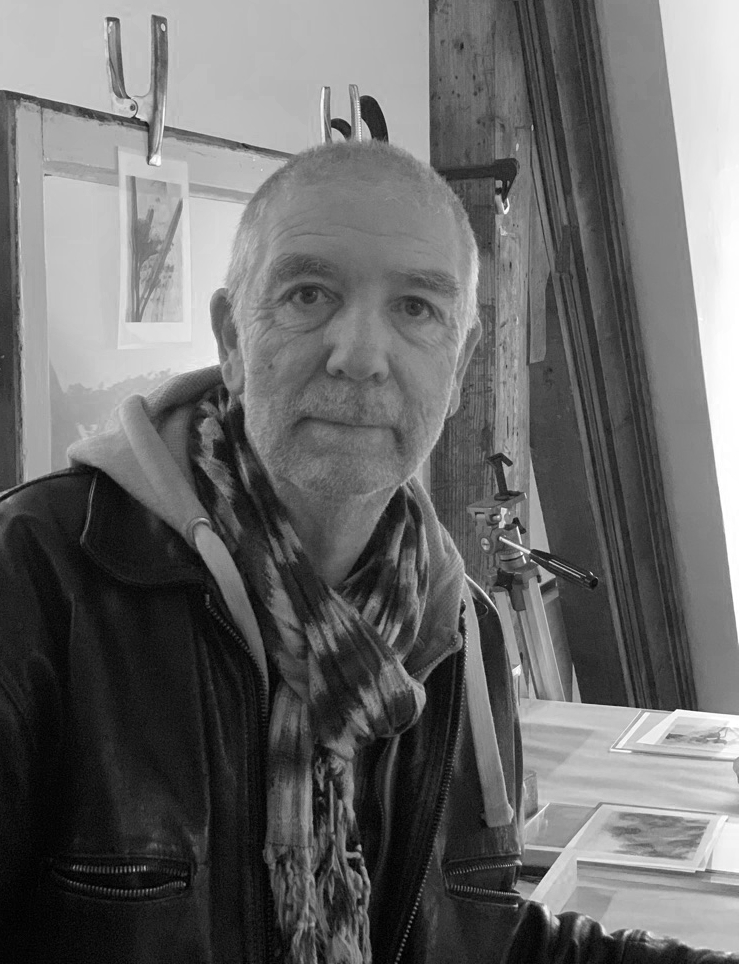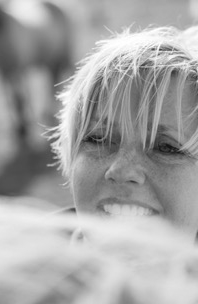Basics & Builders
Basics
The uncovering of ayers in complex cases is based on a combination of fundamental theories and views.
This combination arose from approximately 30 years of experience in the analysis and approach of complex problems in organizations and between people in those organizations.
The project COMPLEXITY UNLOCKED is based on the principles of System Dynamics, Systems Thinking and divergent thinking, in combination with various brain theories such as Developmental Trauma, Window of Tolerance, Bowlby’s attachment theory and the basis of the system dynamics application BROADVIEW.
it’s all about the brain
Our brain’s blueprint is developed from our earliest experiences with our caregivers. As small as we are, we instinctively interact to receive sufficient food, attention and affection. Our caregivers provide this and we ask for it in a continuous exchange.
Based on this and later experiences with our environment, ‘internal working models’ develop. These models color our observations, experiences and interpretations. They influence our expectations and conclusions about what is likely to come and guide our responses.
Brain-technically: when a circuit of neurons is regularly activated, a certain response pattern arises, a standard response from the brain.
With a sufficient degree of security and trust, the brain specializes in discovering, playing and collaborating as a standard response. However, if this safety is insufficient, the brain switches to a different mode, in which essential matters such as thinking and learning capacity are significantly reduced.
We take into account the way in which the brain is triggered in complex situations and wicked problems. This insight helps us to activate and develop other paths.
divergent & lateral thinking
Taking into account the (im)possibilities of our brain, there are various options to broaden our view.
First of all, there is divergent thinking. This way of thinking opens doors that would otherwise remain closed. Divergent thinking is based on the fact that there are always multiple answers to a question. Despite the establishment of “the right” or the prevailing logic. Multiple viewing and thinking.
Lateral thinking fits in beautifully with this. With this way of thinking you make connections between things that apparently have little or nothing to do with each other. This connection creates new things with sometimes decisive meaning.
systems thinking
Systems thinking is an analytical way of thinking, where an organization or individual is seen as a natural system. A system in which many variables influence each other.
You see the ways in which things hang together, are connected, and influence each other over time. Positive or negative, accelerating or decelerating.
In Systems Thinking, ‘hard’ data is brought together with more ‘soft’ data, such as feelings, thoughts, ideas, images and assumptions. These ‘mental models’ play an important role in looking more deeply at a situation.
systems dynamics
System Dynamics was developed in the United States in the late 1950s by Prof. Jay W. Forester, who, in particular with his Urban Dynamics and World Dynamics models, laid the foundation for the research that resulted in the Report of the Club of Rome and the global publication of the book “The limits to growth”.
The method for developing analysis models has been further developed in many areas, including business and marketing strategy, growth and shrinkage scenarios, practical issues in education, energy management, healthcare, environmental issues, and spatial development.
Builders
The COMPLEXITY UNLOCKED project was developed in 2022 by Jos Metselaar (JOS METSELAAR systems thinking – systems dynamics) and Deanne Radema (KM 56).

Jos Metselaar
active since the late 1980s in two continuously inspiring areas: the practice of analyzing and tackling complex issues within companies, institutions and initiatives. Expert in the application of systems thinking, system dynamics and divergent thinking and developer of various applications.
And the practice of a visual artist.

Deanne Radema
neuropsychologist, behavioral biologist and strong analyst, active as an innovation manager and involved in collaboration issues and quality promotion in the social domain.
Deanne connects the way our brain learns from experiences with the practice of system and divergent analysis and advice.
Special areas of interest: youth care and education, developing craftsmanship and interprofessional collaboration and collective learning.